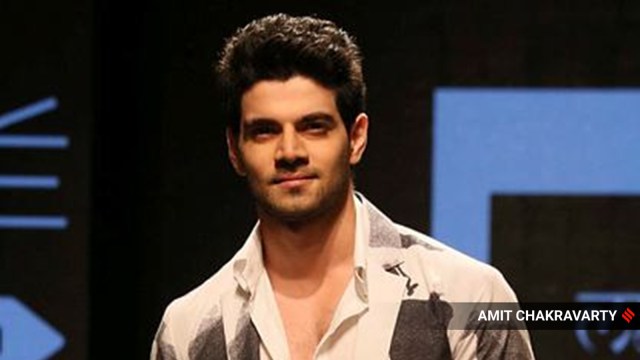📣 For more lifestyle news, click here to join our WhatsApp Channel and also follow us on Instagram
‘Bole toh bhi darr, nahi bole toh…’: Sooraj Pancholi on why he stayed silent after ex girlfriend Jiah Khan’s death; cost of self-silencing under pressure
He reflected on having moved on from the situation, adding, “It’s done na abhi, it’s done. Why to put anybody down?”
 Sooraj Pancholi on staying silent for years after ex girlfriend's death (Source: Express Photo by Amit Chakravarty)
Sooraj Pancholi on staying silent for years after ex girlfriend's death (Source: Express Photo by Amit Chakravarty)Navigating grief, guilt, and public scrutiny in the aftermath of a tragedy can leave long-lasting emotional scars. For Sooraj Pancholi, son of actor Aditya Pancholi, the years following the death of his ex-girlfriend Jiah Khan were filled with silence, fear, and regret.
Now, years later, he’s opened up about what he wishes he had done differently. “I should have spoken up for myself when I was younger, bas,” Sooraj said in a recent interview with Hindi Rush. When the host asked why he remained silent back then, Sooraj replied, “Uss time bole toh bhi darr, nahi bole toh bhi darr. Main chahta nahi hu ki aapke saath kabhi aisa ho, par jab hoga tab aap samjhoge ki bolu ya nahi bolu. And someone’s passed abhi, uske baad mein bolna hai, nahi bolna hai (At that time, there was fear whether I spoke up or stayed silent. I don’t want you to ever go through something like that, but if it happens, you’ll understand what it feels like — should I speak or should I stay quiet? And now someone has just passed away… so you’re left wondering, should I say something, or not)… it’s very, not ethical, at least for me as a person.” The actor’s words reflect a complex emotional landscape — caught between the fear of speaking and the fear of staying silent.
He reflected on moving on from the situation, adding, “It’s done na abhi, it’s done. Why put anybody down?”
While legal matters and media speculation surrounded the case, Sooraj’s statement hints at a deeper, personal conflict that many face in situations of high emotional distress and societal judgement.
Psychological impact prolonged public scrutiny and self-silencing can have on someone dealing with grief
According to psychologist Rasshi Gurnani, the psychological toll of prolonged public scrutiny—especially when intertwined with grief and serious legal accusations—can be incredibly damaging. “When someone is navigating loss and simultaneously becomes the subject of intense media trials, it doesn’t just challenge their mental health; it can completely dismantle their sense of identity and safety,” she explains.
In such situations, self-silencing becomes a coping mechanism. The individual might suppress their voice to avoid further judgement or backlash, but in doing so, they bottle up trauma that festers internally. “Suppressing pain and confusion during a crisis like this can lead to long-term issues like anxiety, depression, and even PTSD,” Gurnani adds.
How does fear of judgement and consequences affect a person’s ability to speak up during emotionally charged situations?
Commenting on Sooraj Pancholi’s reflection, Gurnani highlights how fear is critical in silencing people. “Fear of judgment, cancellation, or being misunderstood often paralyzes individuals in emotionally charged moments,” she says. “When you’re young, overwhelmed, and under a microscope, fear can make you believe that any action you take — speaking or staying quiet — will be used against you. That kind of pressure leads to emotional shut-down and isolation.”
Tools and support systems crucial to help process traumatic events and protect mental health
For young individuals dealing with public trauma, Gurnani strongly emphasises the importance of building a supportive ecosystem. “Having access to a non-judgemental therapist, a safe circle of friends or mentors, and learning tools like journaling, meditation, or breathwork can offer tremendous relief,” she says. She also underscores the need for sensitivity and public empathy. “People forget behind every headline is a human being — often a very young one — grappling with more than we can imagine. We need to create spaces that allow people to heal, not push them deeper into silence.”
📣 For more lifestyle news, click here to join our WhatsApp Channel and also follow us on Instagram
- 01
- 02
- 03
- 04
- 05



























